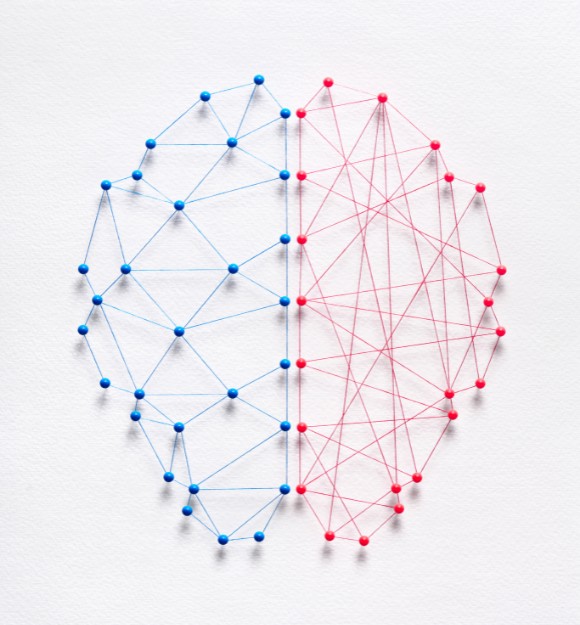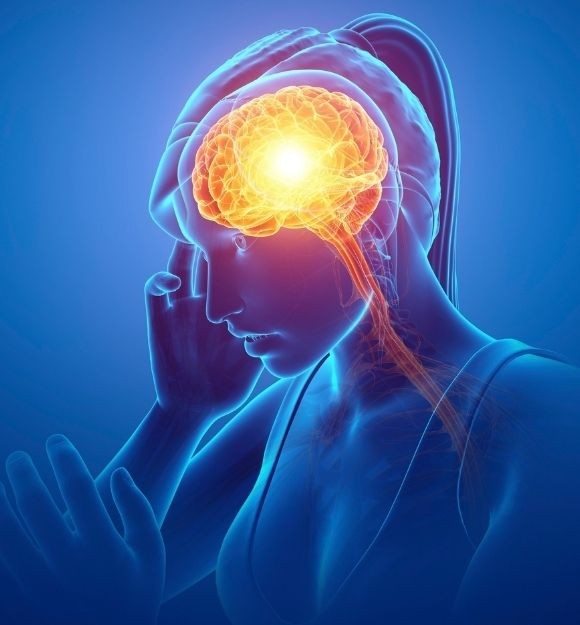How do you cope with migraines?
Migraine headaches, described by many as an excruciating and intense pain, frequently accompanied by various secondary symptoms, are a bane for a significant percentage of the UK population.
Migraine headaches, described by many as an excruciating and intense pain, frequently accompanied by various secondary symptoms, are a bane for a significant percentage of the UK population.

Introduction Migraines, a severe and debilitating form of headache, are a global health concern affecting an estimated one in seven people. While medication is often… Read more »

Discover how migraines, beyond mere headaches, deeply affect one’s daily life. Dive into its stages, societal effects, and the path to improving quality of life through various treatments and lifestyle changes.

The vagus nerve plays a crucial role as the longest cranial nerve, serving as a vital link between the brain and various organs. Understanding what happens when the vagus nerve is simulated can provide valuable insights into its significant impact on our overall well-being and health.

Discover 5 practical tips for finding relief during a migraine attack, including creating a quiet environment, using over-the-counter pain relief, trying non-invasive vagus nerve stimulation, applying temperature therapy, and practising relaxation techniques. Consult with a healthcare professional for personalised migraine management. Improve your well-being and alleviate symptoms with these effective strategies.

Migraines are complicated neurological disorders that can be caused by a wide variety of differing factors. It is therefore difficult as an individual to pinpoint a single exact reason as to why you might suffer with migraine. Let’s look at some of the factors we do know can play a role…

Medication Overuse Headache, or MOH, maybe a new or unfamiliar term for those of you managing your migraine symptoms, so what exactly is MOH? MOH is a headache that results from the frequent use of acute medicines or painkillers, such as triptans, non-steroidal anti-inflammatory drugs (NSAIDs), opiates, and paracetamol